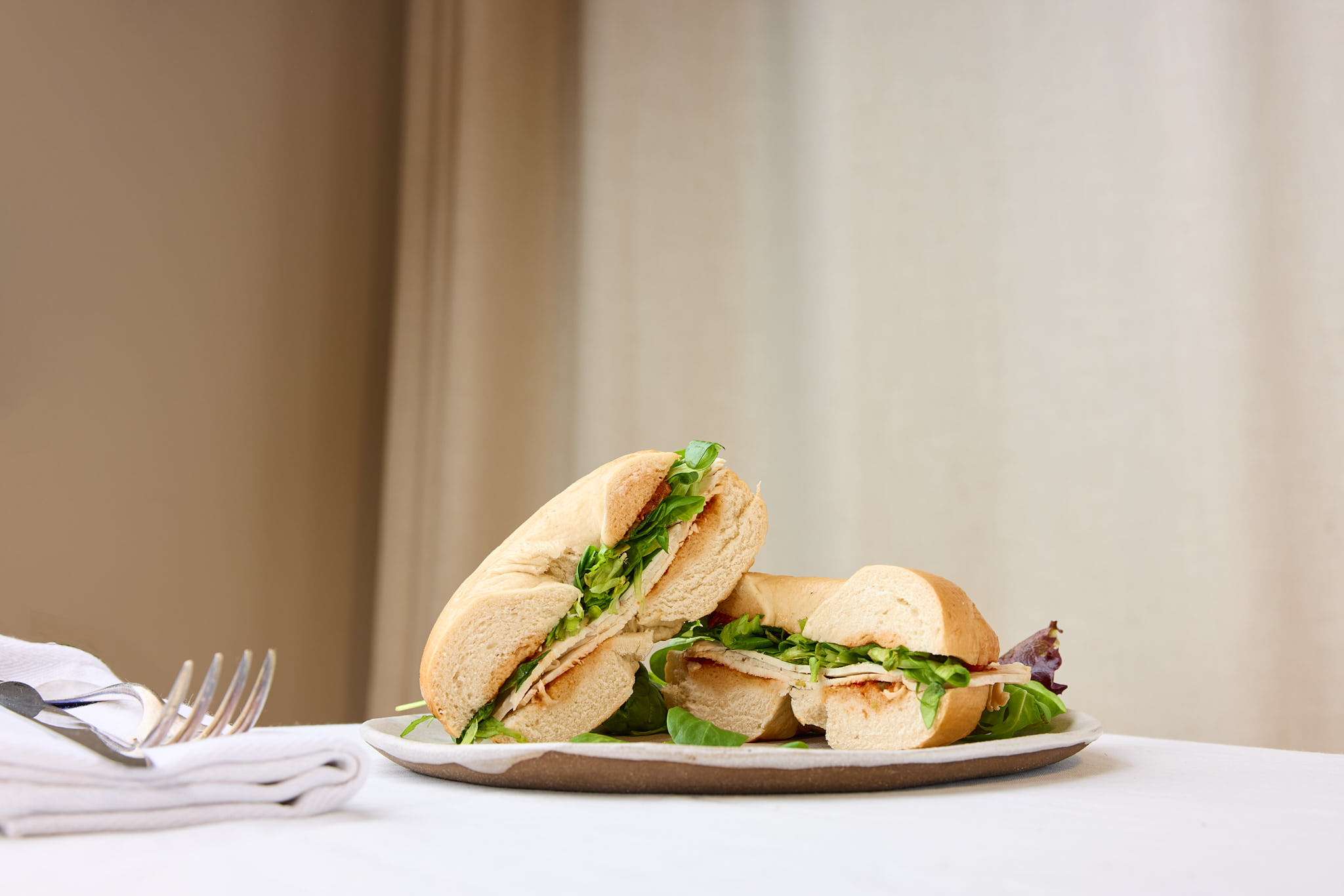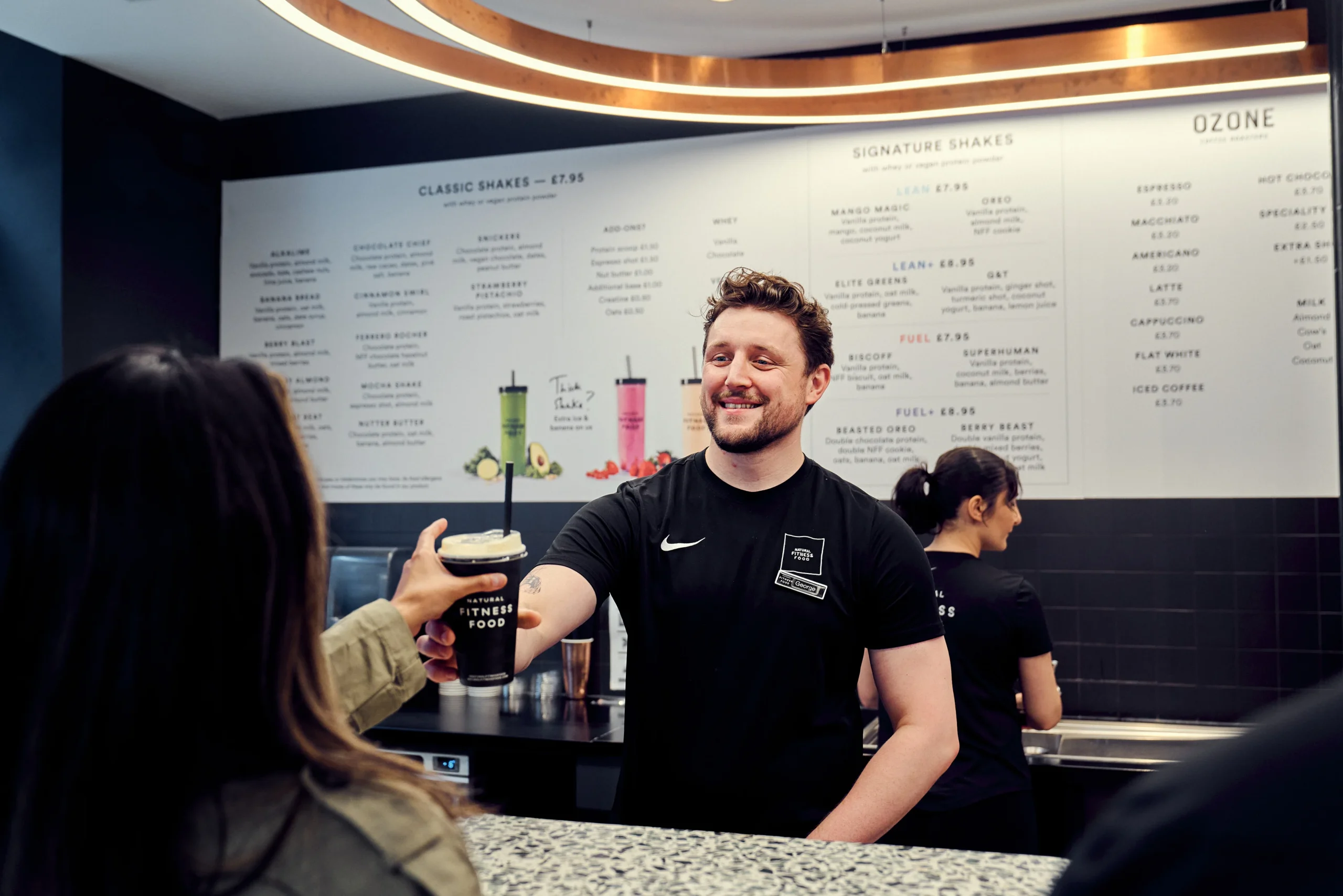- Linkedin Share
- Twitter Tweet
- Email Share
- Copy link Copy link Copied to clipboard
When it comes to race day, your preparation extends far beyond training miles and tapering strategies. Nutrition plays a crucial role in your performance and being thoughtful about what and how you fuel can make or break your experience. Our Head of Nutrition, Frances Smith, shares her key considerations to keep in mind when planning your race day fuelling and hydration strategy.
Your Race Day: Key Prep Points
- Know the provisions on course
Start by familiarising yourself with the provisions available on the course. Will you use the drinks or gels provided by the event organisers, or will you stick to your own products? It’s essential to have a clear primary strategy, but also a backup plan in case something goes wrong, whether that’s dropping a gel or your bottle leaking.
- Find out your start time
Start time is another key factor. If you know what time your race begins, try to align some of your bigger training sessions with this start time. Practice your pre-race meals and snacks so you can dial in what and when to eat for optimal energy and digestion on race day.
- Practise your race nutrition plan in training
One of the most common mistakes athletes make is not practicing their race nutrition. Even if you’re not doing a full race simulation, incorporate your planned fuelling and hydration strategies into longer training sessions. Use these sessions to experiment with different products and timing so you’re confident with what works best for you.
- Choose your preferred source of carbohydrates
As long as you’re consuming the optimal amount and ratio of glucose to fructose, there’s no performance difference between carbohydrate formats — gels, chews, or drinks. So choose whichever suits your preference and digestion best
- Don’t use products you haven’t used before
Never try anything new on race day. Stick to the products and methods you’ve practiced with in training.
- Don’t try to force fuel in
If you experience gastrointestinal (GI) distress during the race, don’t try to force more fuel in. Instead, ease off, give your body a short break and avoid taking on anything new for at least 15 minutes. Let your gut settle before resuming your fuelling plan.
- Maintain hydration
Hydration is just as critical as fuelling, especially in warmer climates. You can’t rely on thirst alone as an indicator of when to drink. Instead, follow a structured hydration plan. A good starting point is 500 ml per hour, adjusting based on your sweat rate, temperature and race intensity.
Leading up to the race – do you need to carb load?
Carbohydrate loading can be beneficial, particularly for longer endurance events like marathons.
How much: For most people, 6-10g of carbohydrates per kg of body weight per day is sufficient during the loading phase. For shorter events, like HYROX, the lower end of this range will be more appropriate.
When: Begin carb loading 2-3 days before your race. Some athletes find it helpful to slightly reduce their carb intake the day before the event to minimise the risk of GI distress, this is something you should trial ahead of time to determine what works best for your body.
What: Stick to familiar, easy-to-digest foods. Think pasta, bagels, oats, rice, fruit, juice, honey, jam and cereal.
Avoid: Don’t leave carb-loading to the day before the race and avoid high-fat and high-fibre foods, especially high fibre vegetables (like broccoli), legumes, fried food and heavy oils.
Practical tips: You don’t necessarily need to meticulously track everything, but using an app like MyFitnessPal during your carb-load phase can help you gauge your intake. A practical approach might be to simply add an extra portion of carbohydrates to each meal and snack. For example, include a glass of juice at breakfast, extra toast or a banana with lunch, and a bread roll at dinner. Spread the intake evenly throughout the day instead of cramming it all into the evening.
Every athlete is different, and your needs may vary based on your size, training load, event type and personal tolerance. Practicing your nutrition and hydration plan is essential. For more personalised support, including supplement recommendations and a detailed race week strategy, consider working 1:1 with one of our qualified nutritionists who can help you fuel to perform at your best.



